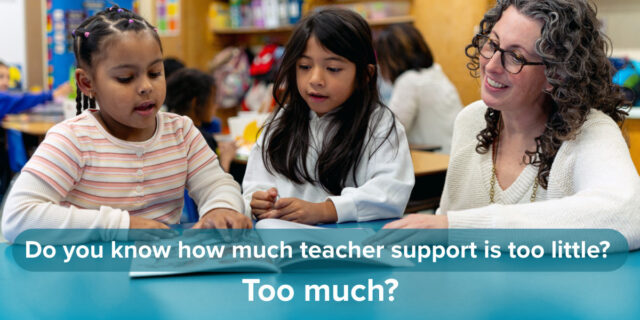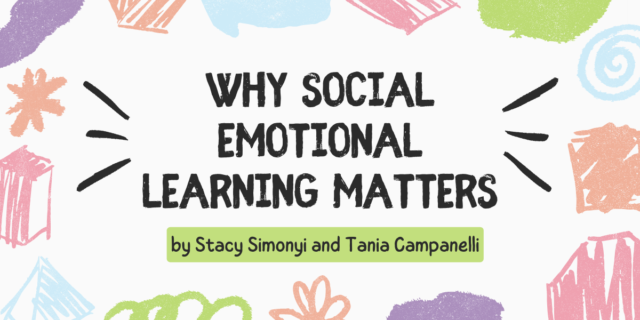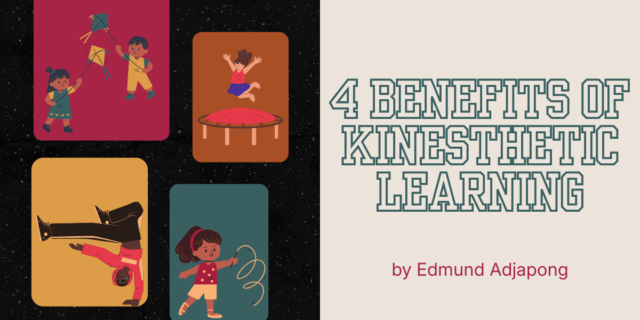
"The greatest gift that you can give to others is the gift of unconditional love and acceptance." —Brian Tracy
Stand back and watch a group of very young children at play. More often than not, they are eager to play with everyone without regard for any differences between them. Young children may well be the most accepting humans on the earth. It is the adults in their lives who begin to build walls of division with the bricks of difference. Children learn from adults that some differences are valued while others are seen as a deficit, a reason to step back and get distance from another person.
Cultural norms and adult attitudes and behaviors define for children which differences matter and which do not. By the time children reach school age, most have adopted the attitudes and behaviors modeled in their homes and communities. Usually those attitudes and behaviors manifest at school—in the classroom, on the playground, and in the lunchroom.
Our classrooms can be a tapestry of friendships woven from the threads of differences that exist in our communities, indeed, from the world at large. In the video below, Lester Laminack and Katie Kelly discuss how to speak about different identities in the classroom and how sometimes "flagging" certain topics can do more harm than good for children.
…
The above has been adapted from Reading to Make a Difference. Learn more at Heinemann.com
 Follow us on Instagram @heinemannpub to stay up to date on the latest books, your favorite authors, and upcoming events!
Follow us on Instagram @heinemannpub to stay up to date on the latest books, your favorite authors, and upcoming events!
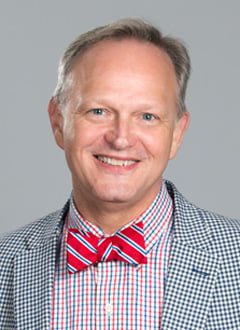 Lester L. Laminack is Professor Emeritus at Western Carolina University in Cullowhee, North Carolina where he received two awards for excellence in teaching. Lester is now a full-time writer and consultant working with schools throughout the United States and abroad. You can connect with Lester on his website, LesterLaminack.com, or on Twitter at @Lester_Laminack.
Lester L. Laminack is Professor Emeritus at Western Carolina University in Cullowhee, North Carolina where he received two awards for excellence in teaching. Lester is now a full-time writer and consultant working with schools throughout the United States and abroad. You can connect with Lester on his website, LesterLaminack.com, or on Twitter at @Lester_Laminack.
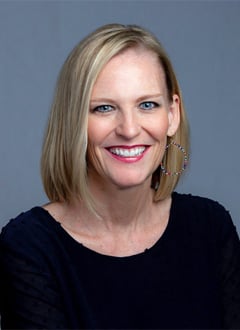 Katie Kelly is an Associate Professor of Education and Coordinator of the Literacy Graduate Program at Furman University in Greenville, South Carolina where she teaches literacy methods for elementary learners, literacy assessment and instruction, and practicum with an emphasis on literacy coaching. You can connect with her on Twitter at @ktkelly14.
Katie Kelly is an Associate Professor of Education and Coordinator of the Literacy Graduate Program at Furman University in Greenville, South Carolina where she teaches literacy methods for elementary learners, literacy assessment and instruction, and practicum with an emphasis on literacy coaching. You can connect with her on Twitter at @ktkelly14.
